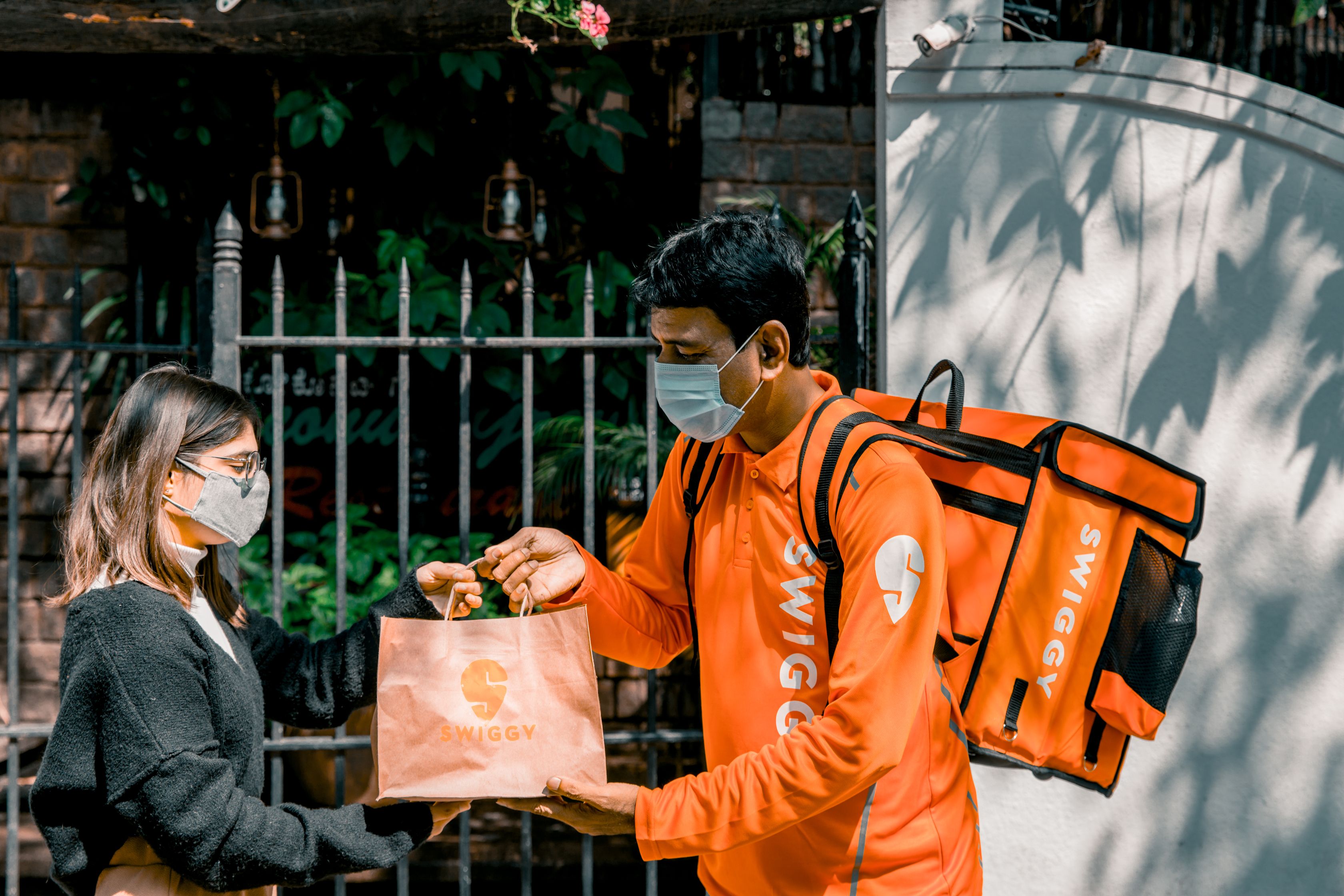In 2019, let’s taste the success Indian entrepreneurs are cooking up globally

For many of us, this image of a road lined with shops may not seem like anything out of the ordinary. But look again. There’s something really remarkable about this particular image – an image that has stayed with me long after I first saw it a week ago.
What’s remarkable, for me, is that this image depicts new India and India’s growing prominence at a global scale.
The new India that we live in, as you know, is really a confluence of the traditional versus the modern, and of Indian versus foreign influences – something this image rightly portrays.
In this image, it’s interesting to see the positioning of a homegrown Indian biriyani brand like Dindigul Thalappakatti Biriyani against a more established American coffee brand like Starbucks. Both look equally swanky and equally inviting. And yet, distinctly different, with the Indian brand decidedly Indian and, quite ironically, a work in progress. And that, to me, highlights the face of new India.
In many ways, this placement of the two brands in this image is a stark reminder of the key theme defining new India: the emergence of a new crop of Indian entrepreneurs and leaders who are making India’s presence felt at a global level and how.
And this global presence is being made apparent in various forms. Whether it’s creating game-changing scientific and technological inventions, or innovating for change at environmental, social and governance levels, or building disruptive businesses of global scale, the new breed of Indian entrepreneurs is distinctly glocal.
Glocal focus
Indeed, Indian entrepreneurs today are constantly thinking glocal, be it in the products they build or businesses they acquire. Proof of this glocal trait and focus is increasingly evident in the way home-grown Indian brands are today taking on more established western names and cementing their position at a global level. And they’re doing so quietly, without any hullaballoo over the wealth or success or reach they’ve quietly amassed.
Take the case of Nagasamy Dhanabalan, the third-generation entrepreneur who took over his grandfather’s small biriyani business to build Dindigul Thalappakatti Biriyani into one of the most well-known Indian biriyani brands in the world. When Nagasamy took over the reins from his father in 2009, the biriyani brand had just one eatery in Dindigul, a small town in Tamil Nadu. But Nagasamy had always dreamed of taking the brand international, and that’s exactly what he has done.
In the past nine years, Nagasamy has taken the biriyani brand into markets like the US, UAE, and France, and transformed the business from just a single eatery to 50 branches across the world that together rake in annual revenues of close to Rs. 300 crores. The entrepreneur is now eyeing revenue of Rs. 1,000 crores in the next three years, with plans to take his business public.
To me, the story of how Nagasamy took inspiration from the likes of global players like KFC and quietly went on to make Dindigul Thalappakatti Biriyani an internationally profitable brand, with a foothold in multiple cities and countries, is a story of the progress defining new India.
Nagasamy's story is one we should all celebrate. Just as we should celebrate the stories of so many Indian entrepreneurs, who are working towards not only taking their companies global but becoming the preferred brand of choice in foreign markets.
So, even as home-grown brands like Dindigul Thalappakatti Biriyani gradually start to lure more and more people from across the world with the unique taste and flavour they offer, let’s not forget to taste and appreciate the flavour of their success in our very own home country.
Because to make ‘Made in India’ the most popular tag worldwide, we’ll need to start doing so at home.
As Voltaire so wisely once said,
“Appreciation is a wonderful thing. It makes what is excellent in others belong to us as well.”









![[Startup Bharat] Y Combinator-backed BeWell Digital is enabling the digital transformation of radiologists](https://images.yourstory.com/cs/2/40d66ae0f37111eb854989d40ab39087/ImagesFrames31-1648033042143.png)

